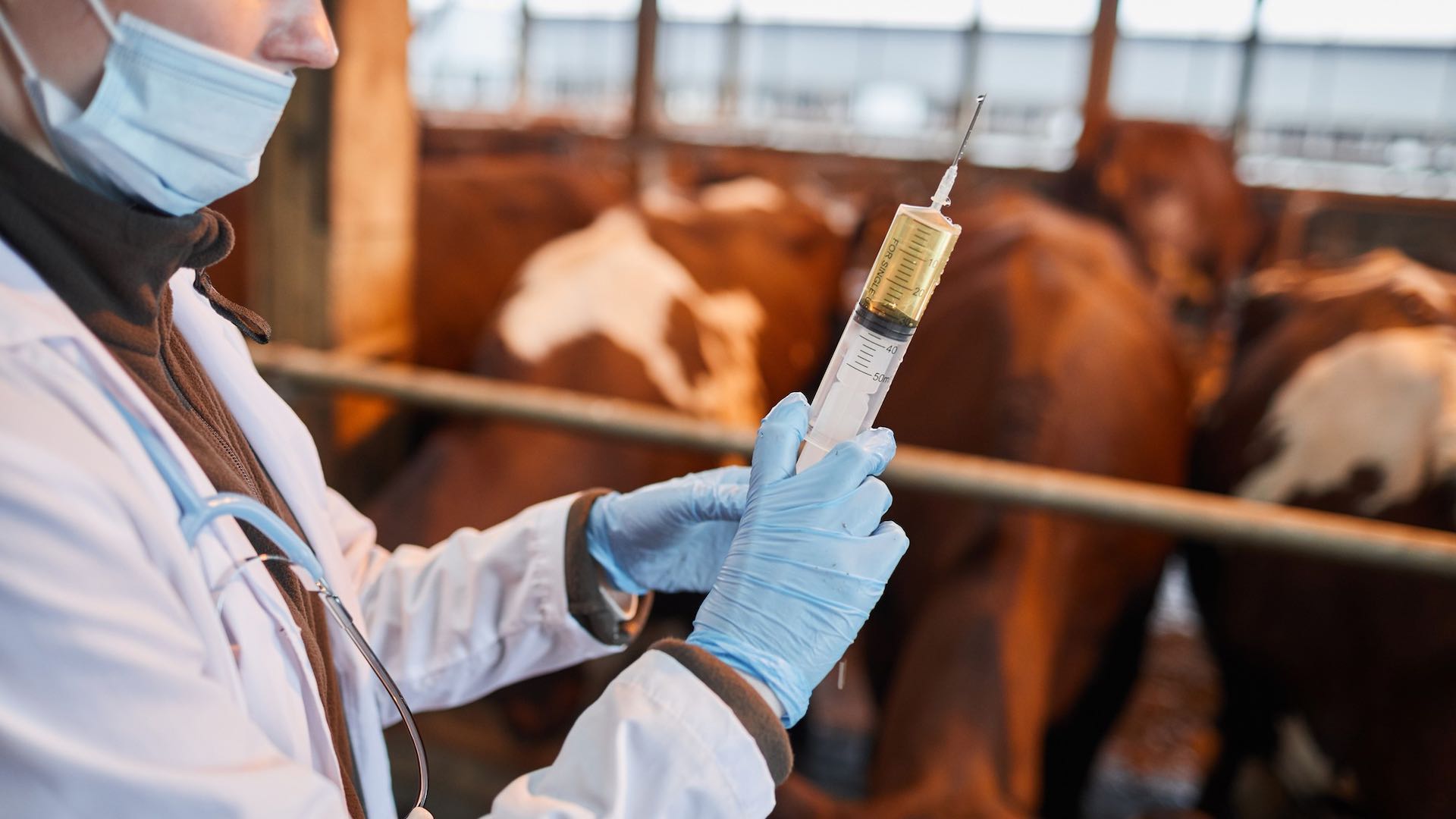South Korea confronts rapid rise in lumpy skin disease cases within a week
One week since South Korea reported its maiden outbreak of the lumpy skin disease (LSD) in cattle, confirmed cases have surged to 38, signaling a significant challenge for the nation’s agriculture sector. The alarming rise in LSD cases comes just seven days after the nation’s first-ever detection of this viral infection, according to a statement from the agriculture ministry. This swift escalation has prompted an aggressive response from health authorities.

In an effort to counter the spread of LSD, which can drastically reduce milk production and even prove fatal, officials have initiated a rigorous vaccination drive. The goal is to vaccinate the entirety of the country’s cattle population by the beginning of the subsequent month, reported Yonhap, South Korea’s principal news agency.
LSD, though not a threat to humans, is highly contagious among cattle and buffalo. The disease is primarily transmitted through mosquitoes and various other blood-sucking insects. Afflicted animals often exhibit symptoms including skin lesions, fever, and diminished appetite.
Adding to the challenge is the duration required for the vaccine to take effect. “After vaccination, cattle usually need around three weeks to build protective antibodies against LSD,” stated health officials. The nationwide focus now remains on closely monitoring the situation, reinforcing containment measures, and ensuring that the vaccination campaign reaches every corner of the country to safeguard the crucial livestock sector.
